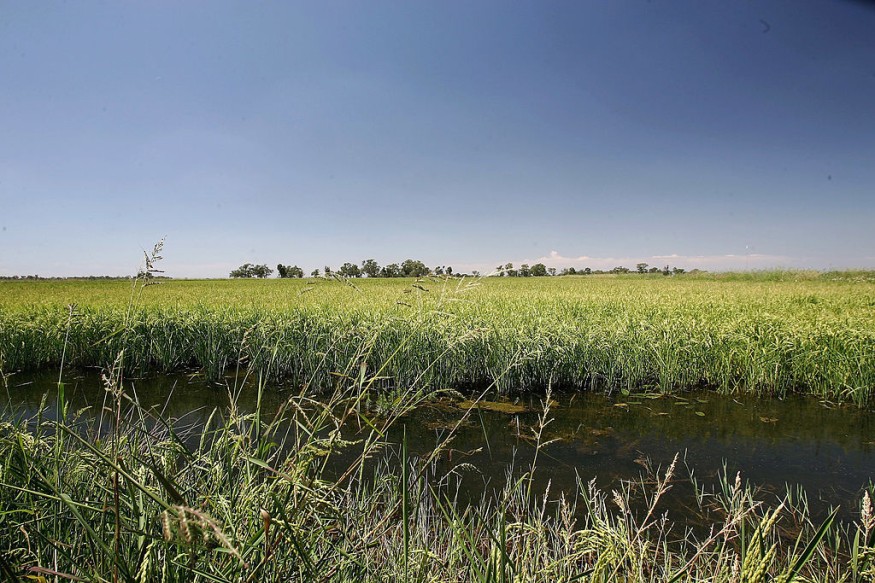With the growing threats of diseases and widespread use of pesticides, researchers managed to successfully engineer the plant biome to increase their chance of survival.
Plants are important for the environment and communities, providing clean air and food security. However, they are threatened by the following factors that hamper their survival:
- Climate Change
- Deforestation
- Rising Temperatures
- Agricultural Expansion
- Diseases
- Pesticides
- Rising Temperatures
Understanding Plant Microbiome To Save From Alarming Diseases

As a result, international researchers, from Austria, China and the University of Southampton conducted the study to understand the microbiome homeostasis on rice leaves and plants. The study analyzed the microbiota that helps with the plant's disease resistance.
It will be helpful in sustainable crop production and protection against the stressors brought by climate change, rising temperatures and diseases. The research findings were published in the Nature Communications journal.
Researchers explained that plants and other microorganisms have viruses or bacteria living in their bodies. Studies worldwide have been studying the microbiome to protect crops and plants from decline.
In an attempt, researchers were successful in finally engineering the plant microbiome that can save crops from bacteria or viruses. Associate Professor and Dr. Tomislav Cernava said that they managed to change the plant microbiome which can contribute to their survival.
Part of the study is to understand the potential plant health benefits to other crops, the reports showed.
The harmful bacteria can also affect the plant's metabolism and immune system. With the engineered microbiome, it can save money and dependence on the widespread use of pesticides.
Dr. Cernava added that it could also apply to other plants. Dr. Cernava is also the study's co-author and from Plant-Microbe Interactions at the University of Southampton.
According to the reports, the researchers, then, exposed the rice crops on a pathogen (Xanthomonas oryzae). Amazingly, the crop showed increased resistance in bacteria.
In the recent NWN report, reducing air pollution can help plant productivity.
Protecting Plants: Why Is It Important?
The protection of plants is crucial in providing habitats for insects and other species. When plants are destroyed, it can have a devastating impact on the environment, birds and other mammals.
Furthermore, commercialization and pollution have significantly affected the air quality. The emergence of chemical pollutants can have environmental and health impacts, especially for older adults and people with medical conditions.
Researchers emphasized that plants can improve air quality, especially in foggy or areas suffering from pollution. As a result, planting more plants is important for urban areas.
Related Article : Reducing Air Pollution Benefits Plants' Ability to Fight Climate Change
For more similar stories, don't forget to follow Nature World News.
© 2025 NatureWorldNews.com All rights reserved. Do not reproduce without permission.





